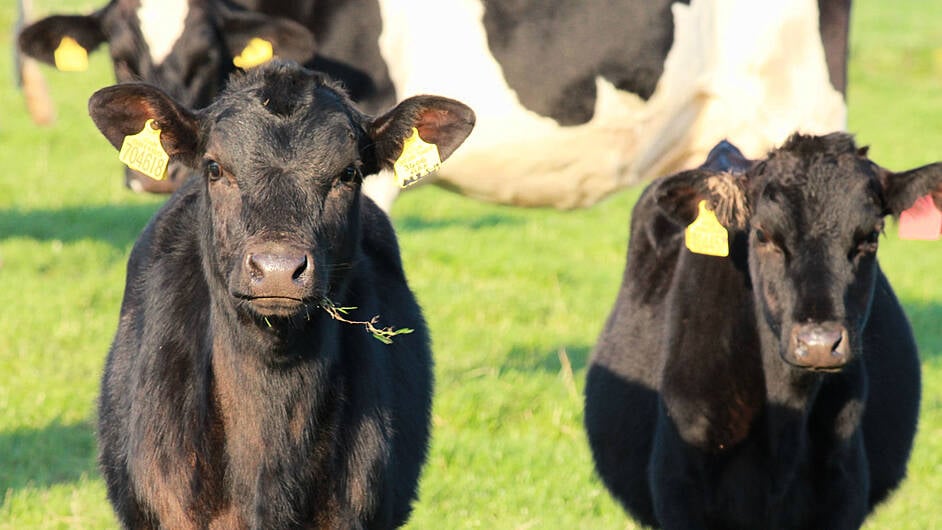FARMERS have been urged to be on the lookout for cases of Bluetongue (BTV) with cases on the rise in Europe.
Ireland is BTV-free at present but warmer temperatures would bring increased risk, with larger numbers of midges – which carry the disease – present.
Bluetongue virus can infect and cause severe clinical signs in ruminant species (including sheep, cattle, goats and deer) and camelids (such as llama and alpaca). The virus is spread by infected biting midges.
Farmers and importers have been asked to remain vigilant as an outbreak of BTV in Ireland would have a significant impact on the Irish livestock sector, the Department of Agriculture, Food and the Marine warn.
Since September 2023, the Netherlands has been dealing with an ongoing outbreak of Bluetongue Virus (BTV-3, with 6,000 farms affected during the year, and cases increasing. BTV-3 has also been detected in the neighbouring countries of Belgium and Germany. Vaccines to tackle the disease have not yet received EU-wide authorisation.
The Dept of Agriculture also urges importers to avoid importing susceptible animals during this higher-risk period. ‘It is important to ensure that imported animals are Bluetongue virus-free before they leave their country of origin, by requesting a pre-movement PCR test for the virus,’ said a Dept statement.
Signs of bluetongue in cattle include lethargy, redness around the mouth, nose, and eyes; crusted erosions around the nose, fever, milk drop, stillbirths. Signs of bluetongue in sheep include ulcers or sores in the mouth and nose, swelling around the lips, tongue, head and neck.









